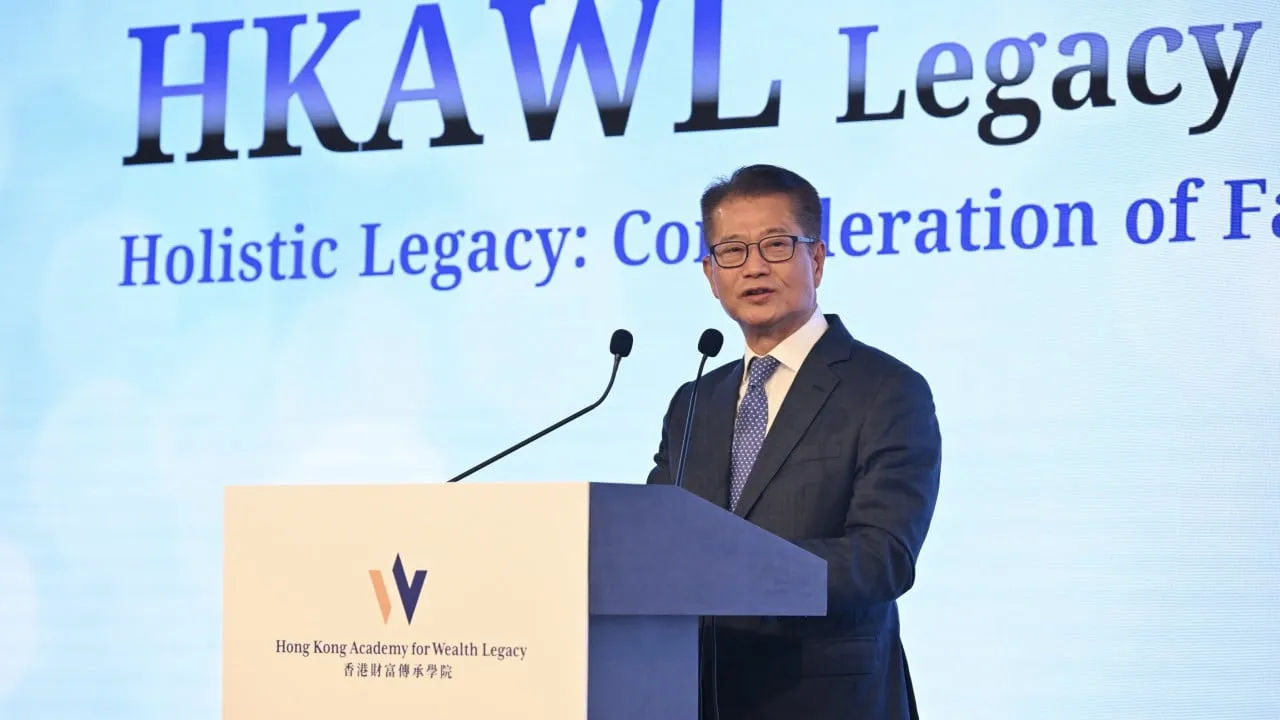Hong Kong's Campaign to Attract Family Offices: A Growing Trend in Asia-Pacific

Hong Kong's Family Office Summit: An Overview
Hong Kong's pledge to entice family offices to set up operations in the city has seen growing interest, as evident in the scale of the latest summit held by the Hong Kong Academy for Wealth Legacy.
This three-day event at the Conrad Hotel attracted around 150 representatives from family businesses globally, a significant increase from the previous event's 100 attendees.
Key Attendees and Their Impact
- Jack Selby, managing director of the family office for PayPal co-founder Peter Thiel.
- Miguel Magsaysay, from the esteemed political family in the Philippines.
- Kimberly Go, vice-president at JSG Group of Companies.
Participants came not only from the Philippines but also from the United Kingdom, mainland China, and Qatar, showcasing the summit's international appeal.
The Economic Advantages of Hong Kong
Financial Secretary Paul Chan Mo-po emphasized Hong Kong's strengths, including its freely convertible currency pegged to the US dollar and favorable tax incentives for family offices. He noted that the city's strategic location makes it an ideal gateway for investments in the Asia-Pacific.
Future Prospects for Family Offices
According to Deloitte's report, the number of single-family offices in the Asia-Pacific is set to surge by 40% to 3,200 by 2030, indicating a pivotal opportunity for Hong Kong's economy. The city currently hosts over 2,700 single-family offices, a testament to its burgeoning status as a hub.
Goals and Themes of the Summit
The Hong Kong Academy for Wealth Legacy aims to nurture talent and build an ecosystem for family offices, focusing on intergenerational integration, family governance, and philanthropic investment. The summit featured workshops, discussions on business trends, and cultural programs, all designed to enhance the experience for participating families.
All in all, the recent summit underscores Hong Kong's ambition to solidify its status as a leading center for family offices in the Asia-Pacific region.
This article was prepared using information from open sources in accordance with the principles of Ethical Policy. The editorial team is not responsible for absolute accuracy, as it relies on data from the sources referenced.